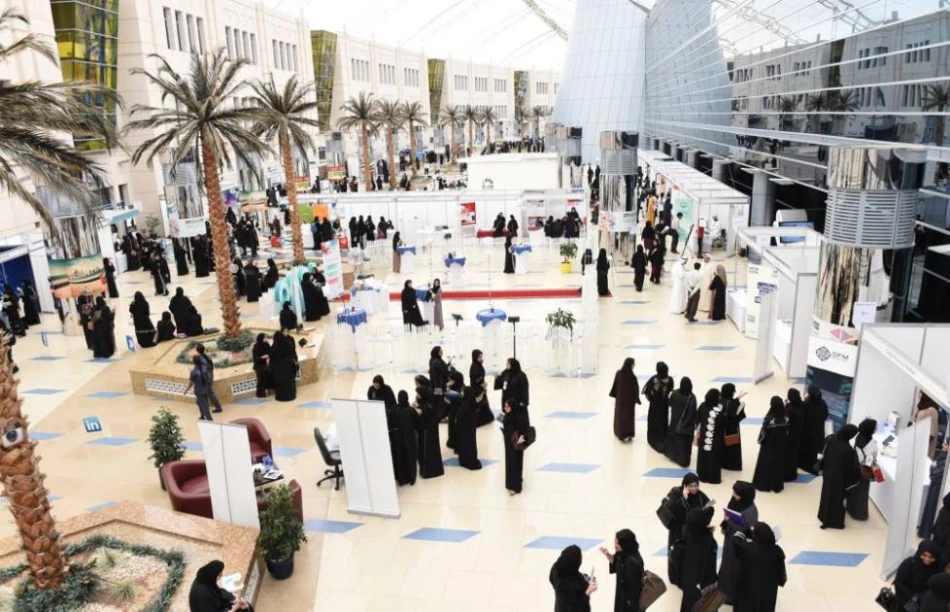
Navigating the University Experience: From Intimidation to Transformative Opportunities
UAE Universities Confront the Hidden Challenge: Why High School Success Doesn't Guarantee University Readiness
While parents spend years preparing their children for high school graduation as life's ultimate academic hurdle, universities across the UAE are discovering that the real challenge begins afterward. Fresh university students are struggling with a dramatic shift from structured school environments to independent university life, forcing institutions to completely reimagine their orientation and support systems to bridge this growing gap.
The Reality Gap: When Academic Success Meets University Culture Shock
The transition reveals itself immediately in lecture halls across Abu Dhabi and beyond. Students who excelled in classes of 20-30 pupils suddenly find themselves in mixed-gender university environments with hundreds of peers from diverse cultural backgrounds. The shift extends far beyond classroom size.
Amjad Mohammed, a first-year student, describes the jarring change: "The study mechanisms I relied on for years simply don't work anymore. University assignments aren't about answering specific questions—they require extensive research, critical thinking, and note-taking skills we never developed in high school."
This experience reflects a broader educational disconnect. UAE high schools, with their structured daily schedules and predictable assessment methods, inadvertently create students unprepared for university autonomy. Shama Al Ali, another new student, struggles most with irregular lecture schedules that demand daily planning and time management skills her secondary education never emphasized.
Language Barriers in a Globalized Education Hub
The UAE's position as a regional education hub creates unique linguistic challenges. At Sorbonne University Abu Dhabi, Issa Al Raisi, Director of Student Affairs, identifies language adaptation as the primary obstacle facing new students.
"Whether students need to master English or French for their programs, the language barrier significantly impacts their first-year performance," Al Raisi explains. The university now offers intensive foundation years specifically designed to address this gap, with program duration varying based on individual language proficiency levels.
This challenge reflects the UAE's broader educational evolution. As the country attracts international universities and positions itself as a regional knowledge economy, students must navigate multiple languages and cultural academic expectations simultaneously.
Universities Respond with Comprehensive Support Systems
Beyond Traditional Orientation
UAE universities are pioneering innovative approaches to student transition. Abu Dhabi University now organizes comprehensive welcome weeks featuring everything from PlayStation tournaments to career planning workshops. Mohammed Bassam, Activities and Events Manager, explains the strategic thinking: "We immediately identify athletic talents and offer partial scholarships, allowing students to join university teams from day one."
This approach recognizes that successful university integration requires social, cultural, and academic components working together. Traditional academic orientation alone proves insufficient for students navigating entirely new social environments.
Professional Mental Health Integration
Dr. Hanadi Al Jaber, a social specialist in Abu Dhabi, identifies what she terms "psychological alienation" affecting new university students. "Some students form friendships quickly and adapt easily, while others struggle significantly with both social integration and the new academic format," she notes.
Her observations highlight how academic performance can decline even among previously high-achieving students when psychological adaptation fails. This insight is driving universities to integrate mental health support directly into their academic success strategies.
The Institutional Response: Redefining University Preparation
Dr. Ibtihal Abu Rizq, Vice President of Al Ain University for Development and Follow-up, emphasizes how universities are reconceptualizing their role: "We consider students the center of the educational process, requiring comprehensive strategies that address personal and professional skill development simultaneously."
This philosophy represents a significant shift from traditional university models that assumed students arrived fully prepared for independent learning. UAE institutions are instead accepting responsibility for bridging the preparation gap through systematic support programs.
Market Implications: Education Sector Adaptation
These challenges signal broader transformations in the UAE's education market. Universities investing heavily in student transition support are likely positioning themselves competitively as word spreads about institutional effectiveness in student success rates.
The emphasis on foundation programs, particularly language preparation, also suggests growing demand for preparatory education services. Private tutoring companies and preparatory institutions may find expanding opportunities in helping students bridge the high school-university gap before enrollment.
Regional Context: UAE's Educational Evolution
The UAE's experience mirrors broader Gulf region trends as countries diversify their economies away from oil dependence. Saudi Arabia's Vision 2030 and Qatar's National Vision 2030 similarly emphasize education sector development, creating regional competition for student attraction and retention.
However, the UAE's early recognition of student transition challenges may provide competitive advantages. Universities that successfully integrate comprehensive student support systems could attract both domestic and international students seeking more supportive educational environments.
Looking Forward: Systemic Educational Reform Implications
The university response suggests potential pressure for high school curriculum reform. As universities document specific skill gaps—time management, research methodology, multicultural communication—secondary schools may face increasing pressure to incorporate these competencies into their programs.
This could accelerate the UAE's broader educational modernization efforts, particularly as the country seeks to develop knowledge-based economic sectors requiring graduates with advanced critical thinking and research capabilities.
The investment in comprehensive student support systems also positions UAE universities favorably for international accreditation and ranking improvements, as student success metrics become increasingly important in global university assessments.
Most Viewed News

 Omar Rahman
Omar Rahman






